New research finds that the memories useful for future generalizations are held in the brain separately from those recording unusual events.
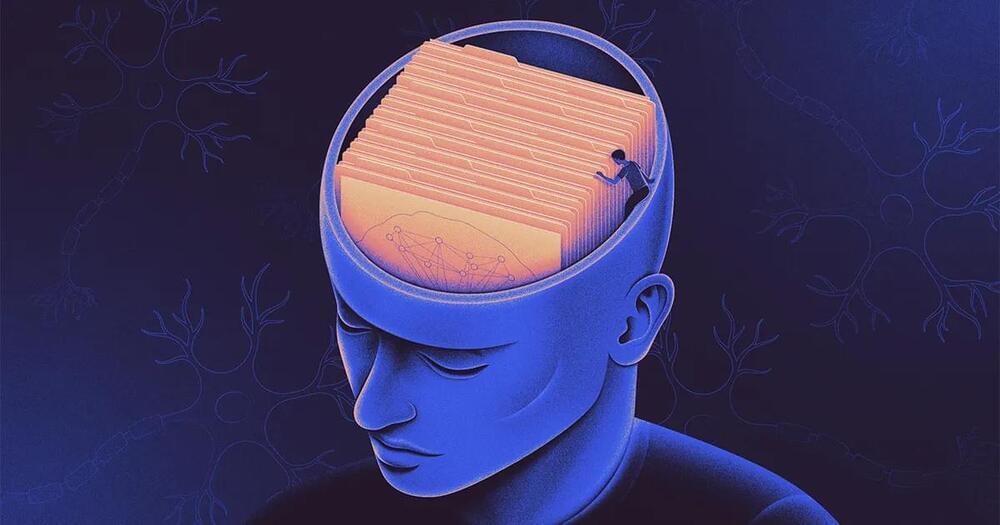

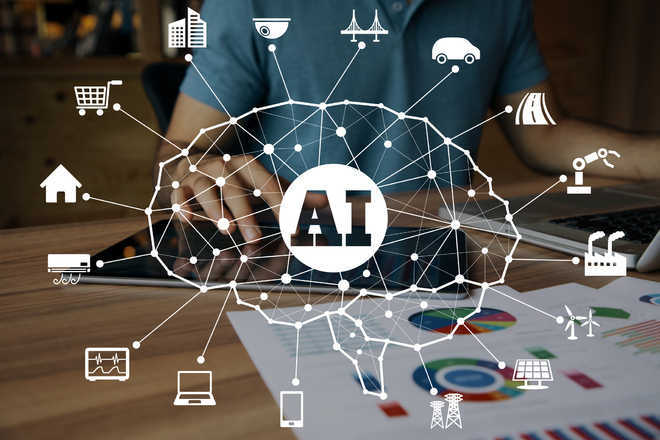
By: Vikas Datta/IANS
Bali (Indonesia): It is not new technology, but Artificial Intelligence (AI) is now raising concerns with the advent of generative AI tools like ChatGPT, which may have significant repercussions across the cyber landscape, as they foster phenomenon like “suffering distancing syndrome”, “responsibility delegation”, and “AI hallucination” for those simply using it to find or validate information, says a senior Kaspersky Labs cyberthreat expert.
Future computers could be built smaller than ever before using the tiny biological skeletons that hold our cells together.
That’s according to one team of scientists, who have devised a way to make computer chips using cytoskeletons — protein scaffolds that give cells their shape.
They claim that the silicon chips that brought computers to the masses in the 1980s are soon to be a thing of the past.
Subscribe here: https://goo.gl/9FS8uF
Check out the previous episode: https://www.youtube.com/watch?v=X5lpOskKF9I
Become a Patreon!: https://www.patreon.com/ColdFusion_TV
Here it is, the bio computer. A new type of parallel computing method that could rival the infamous quantum computer at a much lower price while being more practical to boot.
Hi, welcome to ColdFusion (formally known as ColdfusTion).
Experience the cutting edge of the world around us in a fun relaxed atmosphere.
Sources:
http://www.mind.ilstu.edu/curriculum/nature_of_computers/computer_types.php.
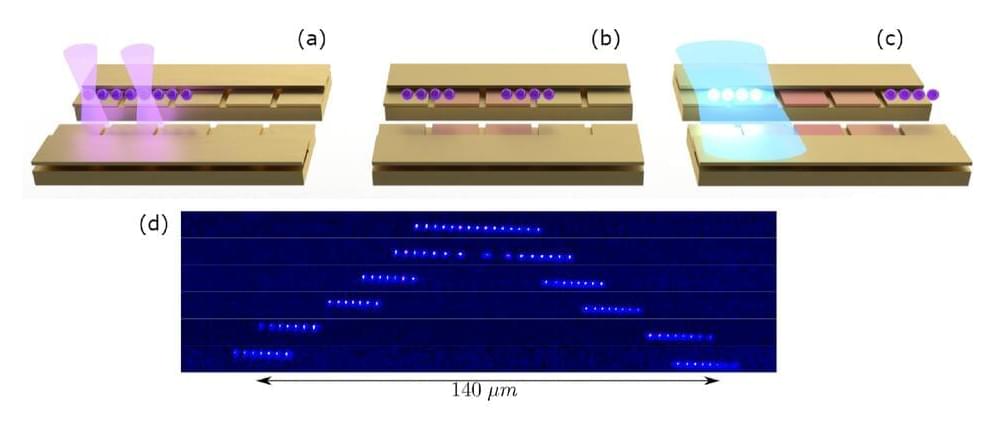
Quantum computers, devices that perform computations by exploiting quantum mechanical phenomena, have the potential to outperform classical computers on some tasks and optimization problems. In recent years, research teams at both academic institutions and IT companies have been trying to realize this predicted better performance for specific problems, which is broadly known as “quantum advantage.”
To reliably demonstrate that a quantum computer performs better than a classical computer, one should, among other things, collect precise measurements inside the computer and compare them to those collected in classical computers. Doing this, however, can sometimes be challenging, due to the distinct nature of these two types of devices.
Researchers at NIST/University of Maryland, UC Berkeley, Caltech and other institutes in the United States recently introduced and tested a new protocol that could help to reliably validate the advantage of quantum computers. This protocol, introduced in Nature Physics, relies on mid-circuit measurements and a cryptographic technique.
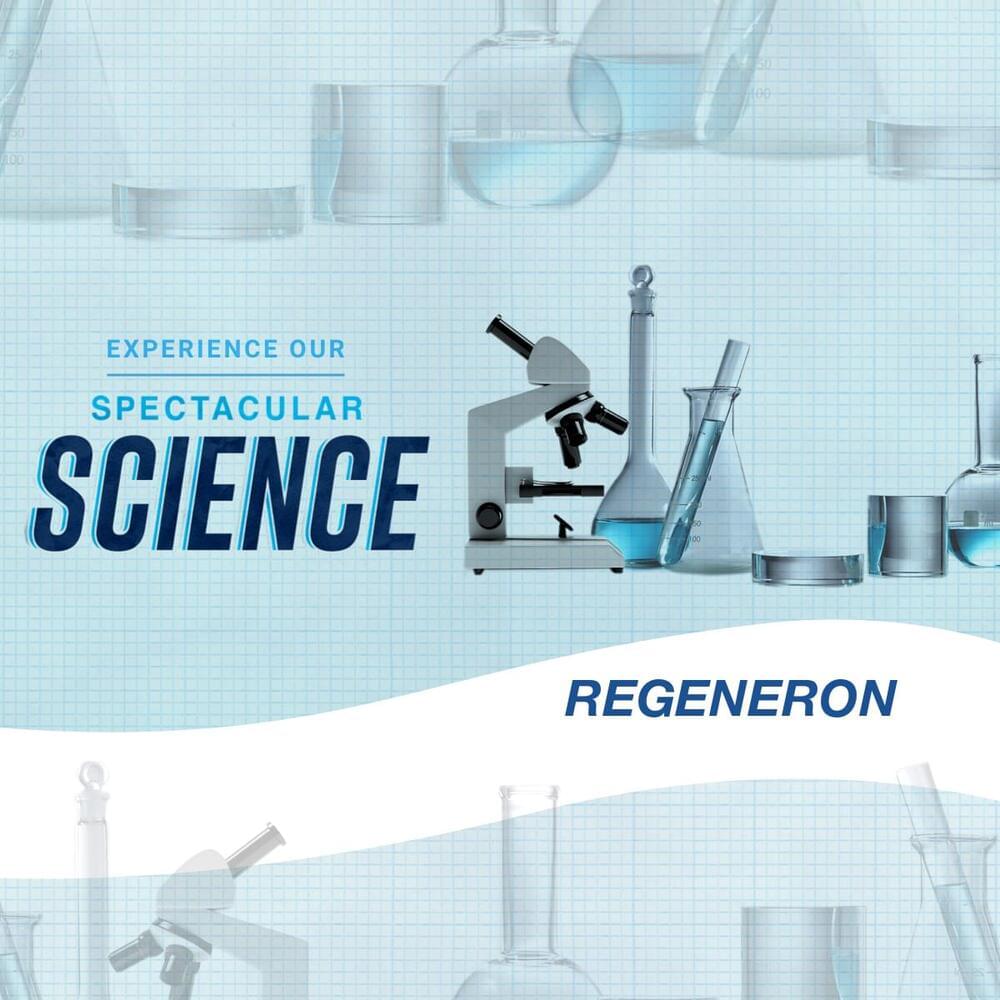
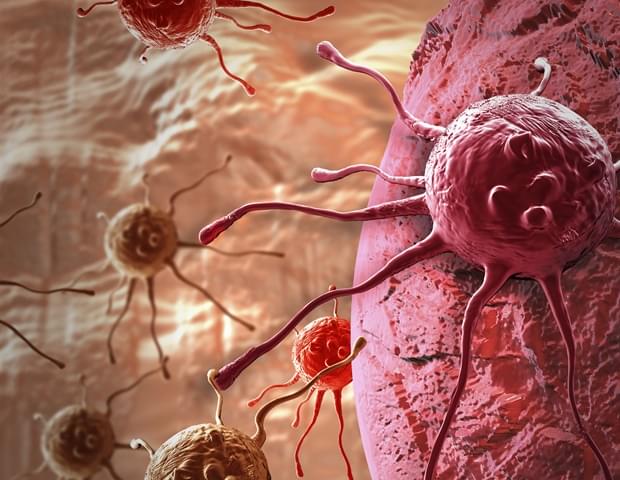
Scientists at St. Anna Children’s Cancer Research Institute and the Eberhard Karls University of Tübingen have shown that immunotherapy after stem cell transplantation effectively combats certain nerve tumors in children. Crucially, stem cells from a parent provide children with a new immune system that responds much better to immunotherapies. These results of an early clinical trial were published in the prestigious Journal of Clinical Oncology.
Childhood tumors of the nervous system, known as neuroblastomas, are associated with an unfavorable prognosis if the tumor is classified as a high-risk type. The chances are particularly poor for patients in the relapsed stage. In this case, immunotherapy following stem cell transplantation is now associated with long-term survival in a substantial proportion of the patients included in a recent study. Compared to an earlier study the survival rate was increased.
“After the transplantation of stem cells from a parent, the patients are equipped with a new immune system. This enables a better immune response to the subsequent immunotherapy and clearly improves the outcome,” explains Prof. Ruth Ladenstein, MD, head of the Studies & Statistics group for Integrated Research and Projects (S2IRP) at St. Anna Children’s Cancer Research Institute and professor at the Department of Pediatrics and Adolescent Medicine at MedUni Vienna, who played a key role as co-first author.
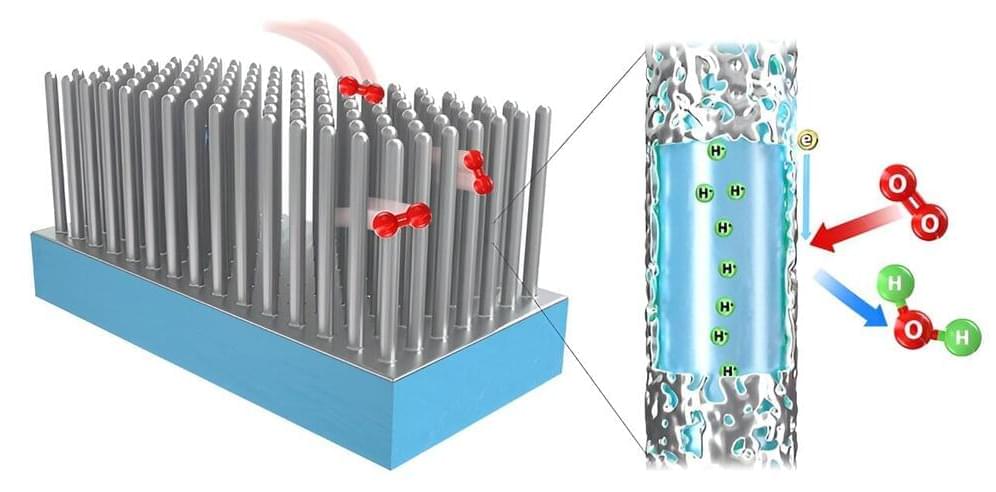
A promising, more durable fuel cell design could help transform heavy-duty trucking and other clean fuel cell applications. Consisting of nanowires that are less susceptible to corrosion than other designs, the innovative electrode—the heart of a polymer electrolyte-membrane fuel cell—could usher in a new era for fuel cells, which use hydrogen as emission-free power for vehicles.
“In real-world terms, this means that we can have a more durable fuel cell that will provide high fuel economy over a longer lifetime,” said Jacob Spendelow, a scientist with the Los Alamos National Laboratory team that described its results in the journal Advanced Materials. “This work demonstrates that we can get rid of conventional carbon-based catalyst supports, eliminating the degradation problems associated with carbon corrosion, while still achieving high fuel cell performance.”
The improved durability makes this fuel cell a promising candidate for use in heavy-duty trucking applications, which require fuel cell lifetimes of more than 25,000 hours.
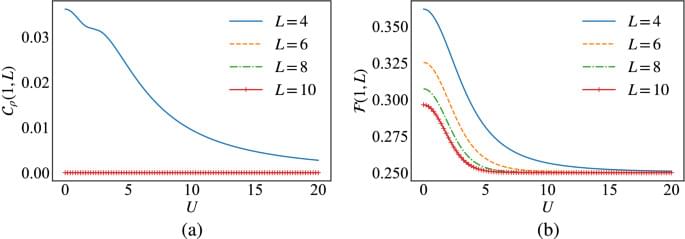
Teleportation year 2023 😗😁.
The long distance entanglement in finite size open Fermi–Hubbard chains, together with the end-to-end quantum teleportation are investigated. We show the peculiarity of the ground state of the Fermi–Hubbard model to support maximum long distance entanglement, which allows it to operate as a quantum resource for high fidelity long distance quantum teleportation. We determine the physical properties and conditions for creating scalable long distance entanglement and analyze its stability under the effect of the Coulomb interaction and the hopping amplitude. Furthermore, we show that the choice of the measurement basis in the protocol can drastically affect the fidelity of quantum teleportation and we argue that perfect information transfer can be attained by choosing an adequate basis reflecting the salient properties of the quantum channel, i.e. Hubbard projective measurements.
